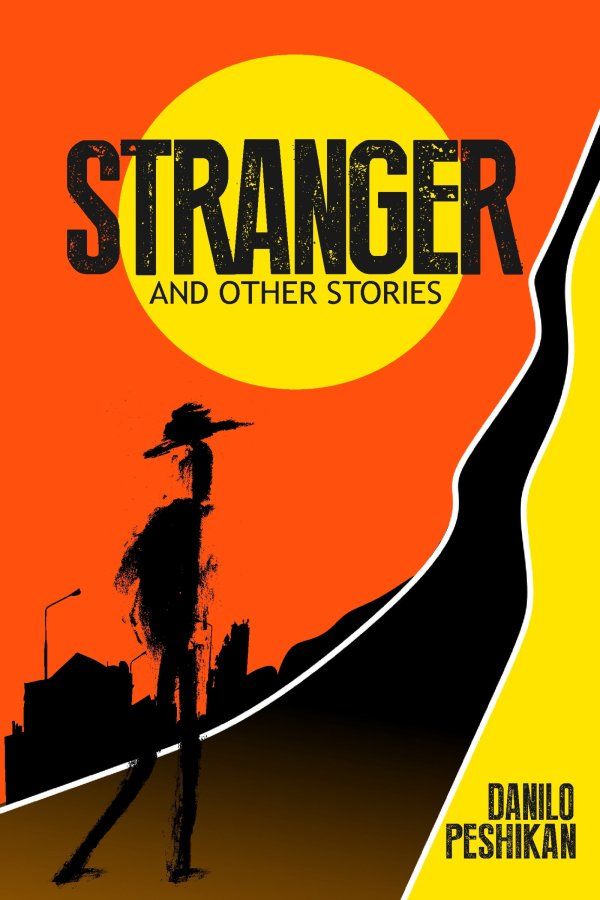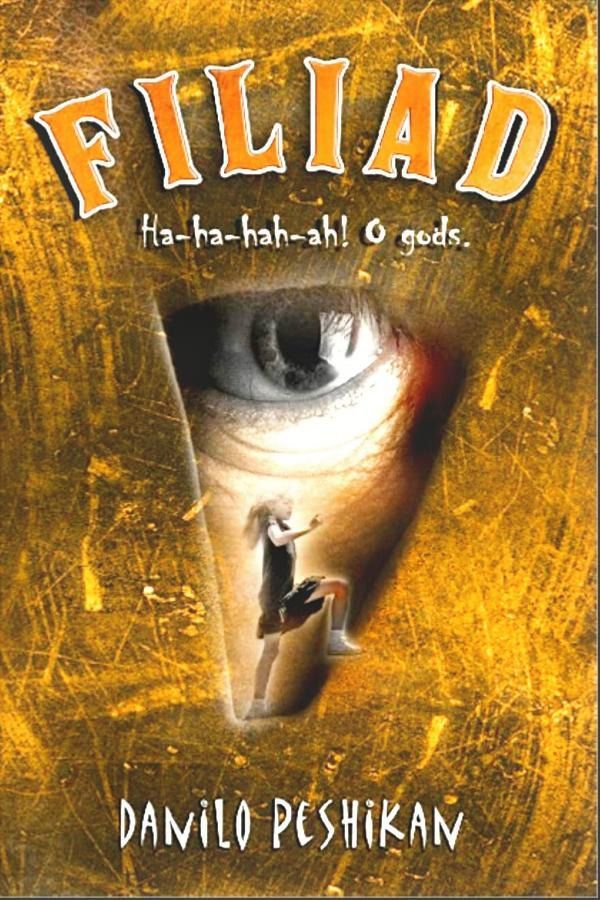The Stranger, a comet's tail, a vision resembling an improved version of Lord Byron. An image sprouting from Peshikan's memory, a pinpoint in his search for the lost path in his life. An image of a dream born of fleeting contact with someone from the world of the others, with the character’s strangeness being the bridge between him and the others. A few “probes” into the book reveal precisely this: “I thought of the phantoms that had followed me everywhere, which I had named and adopted at some point in my life. Could they really help carry me across the precipice standing between the child born in that house and me?”
Here is another one: “…for a few breathless seconds, I was He – hot, smooth, and experienced. A great friend to an overly demanding little boy. Was it not in just such a moment that I had lost my path? Perhaps back then, at barely twelve years old, I had chosen love to be my lifelong substitute for eternity. What other explanation was there, for as long as I can remember, the only lingering image, which I could turn over in my mind for hours without pain, is the image of a woman?"



